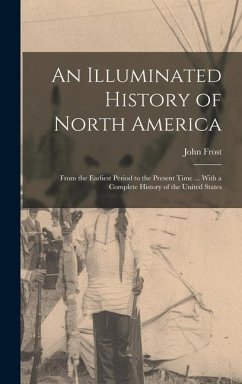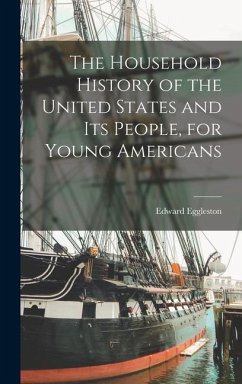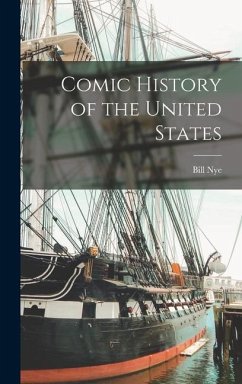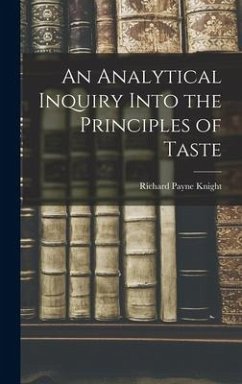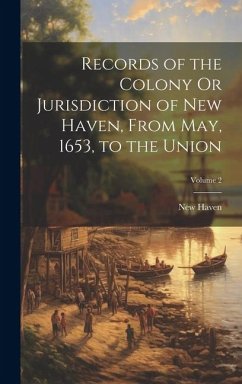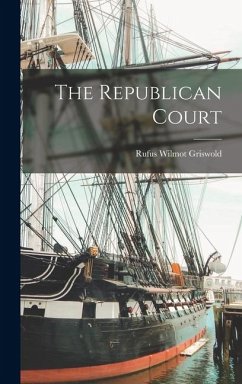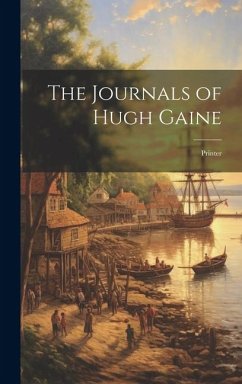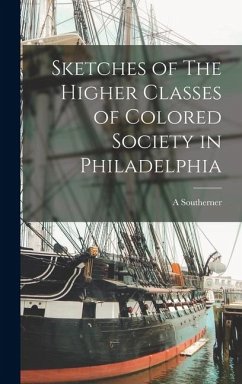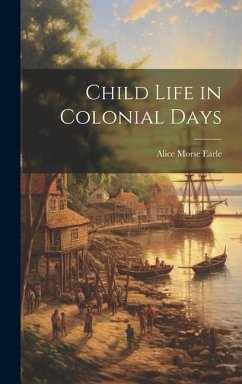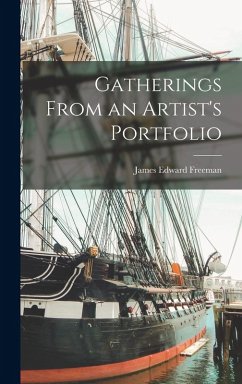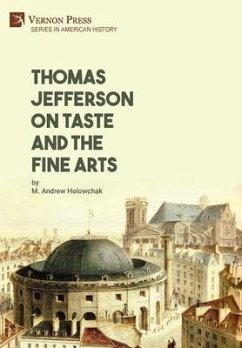
Thomas Jefferson on Taste and the Fine Arts
Versandkostenfrei!
Versandfertig in über 4 Wochen
80,99 €
inkl. MwSt.

PAYBACK Punkte
40 °P sammeln!
Jefferson tended to classify the books of his libraries under the Baconian headings of memory, reason, and imagination, which corresponded to history, philosophy, and the fine arts. Thus, education in the Fine Arts, which Jefferson listed as eight, was considered an indispensible part of the life of an educated person-especially a Virginian. An educated person needed knowledge of architecture, gardening, painting, sculpture, rhetoric, belle lettres, poetry music, and criticism, considered as a sort of meta-art. Knowledge of such arts was indispensible because each person, thought Jefferson, wa...
Jefferson tended to classify the books of his libraries under the Baconian headings of memory, reason, and imagination, which corresponded to history, philosophy, and the fine arts. Thus, education in the Fine Arts, which Jefferson listed as eight, was considered an indispensible part of the life of an educated person-especially a Virginian. An educated person needed knowledge of architecture, gardening, painting, sculpture, rhetoric, belle lettres, poetry music, and criticism, considered as a sort of meta-art. Knowledge of such arts was indispensible because each person, thought Jefferson, was equipped with a faculty of taste as well as ratiocination and a moral-sense faculty-each of which required cultivation for human thriving. An uncultivated imagination would severely impair ratiocination and moral sensitivity. This book is the first book-length attempt to flesh out and critically assess Jefferson's views on taste and the Fine Arts. It is a must read for any serious biographer of Jefferson.



